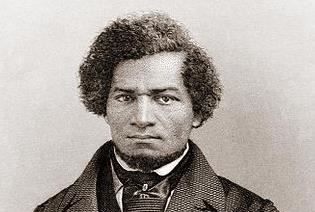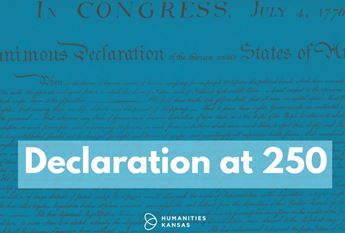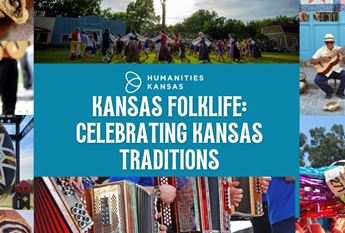

Reading Frederick Douglass
"The Fourth of July is yours, not mine. You may rejoice, I must mourn."
- Frederick Douglass, July 5, 1852
In 1852, the Ladies’ Anti-Slavery Society of Rochester, New York, invited abolitionist leader and celebrated orator Frederick Douglass to give a speech in honor of Independence Day. Douglass, who had escaped slavery in 1838, agreed to speak on July 5, the 25th anniversary of the celebration of the end of slavery in New York. At Rochester’s newly constructed Corinthian Hall to an audience of 600, Douglass delivered a speech that is now called “What to the Slave is the Fourth of July,” a powerful oration that challenged American ideals of freedom at a time when an estimated 3.9 million people were enslaved and the Fugitive Slave Act allowed for the seizure and return of slaves who had escaped to the North.
Today, citizens gather across the country on courthouse steps, in parks, or online to read aloud, together, Douglass' speech. These public readings provide an opportunity for us to reflect on the promise of democracy, reexamine our histories, and shape our aspirations for the future.
Host a "Reading Frederick Douglass" event
Below are an event planning guide, two versions of the speech, and discussion questions to help you host a community reading of "What to the Slave is the Fourth of July?"
Who Was Frederick Douglass?
Frederick Douglass (c. February 1817 - February 20, 1895) escaped from slavery in Maryland in 1838 and became a national leader of the abolitionist movement. The most celebrated orator of his day, Douglass' powerful language, resolute denunciations of slavery, and forceful examination of the Constitution challenge us to think about the histories we tell, the values they teach, and if our actions match our aspirations. His autobiography, Narrative of the Life of Frederick Douglass, an American Slave, was published in 1845 and today is required reading in most school curricula.
WATCH an online community read by Arts Connect in Topeka
(speech begins at 7:00 min)
Reading Frederick Douglass is adapted from programming materials developed by Mass Humanities.



